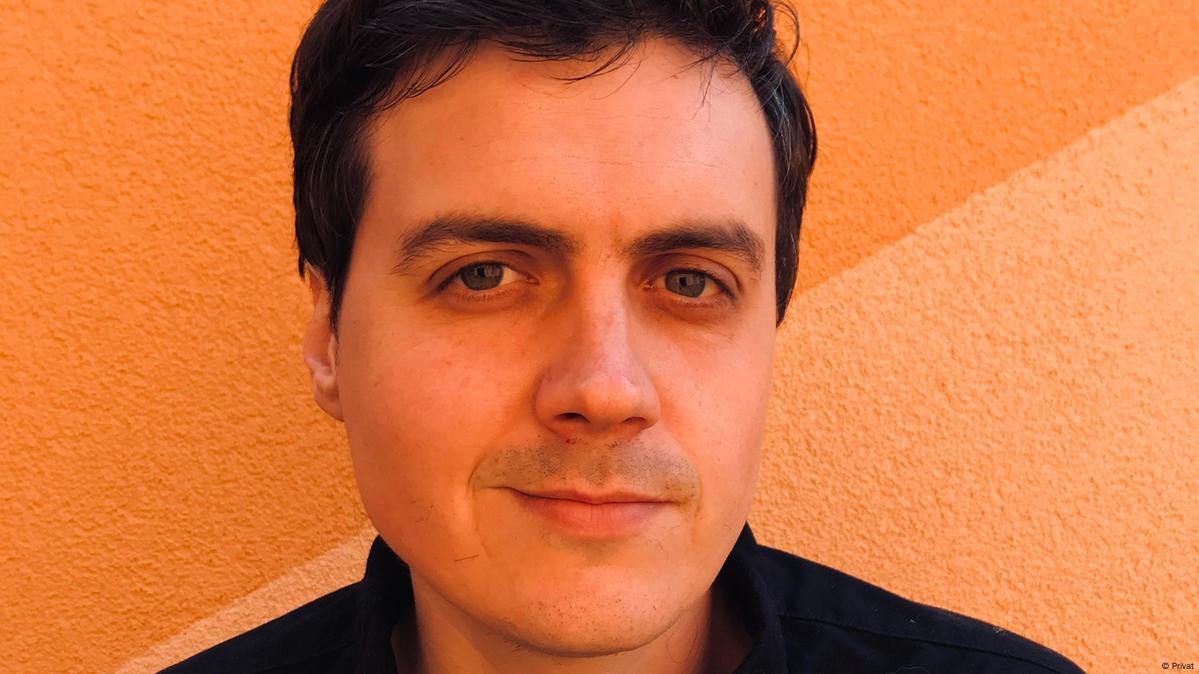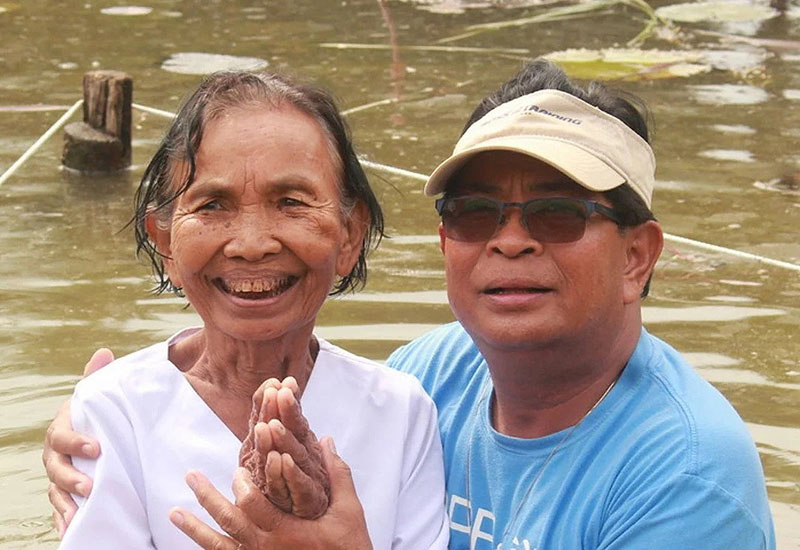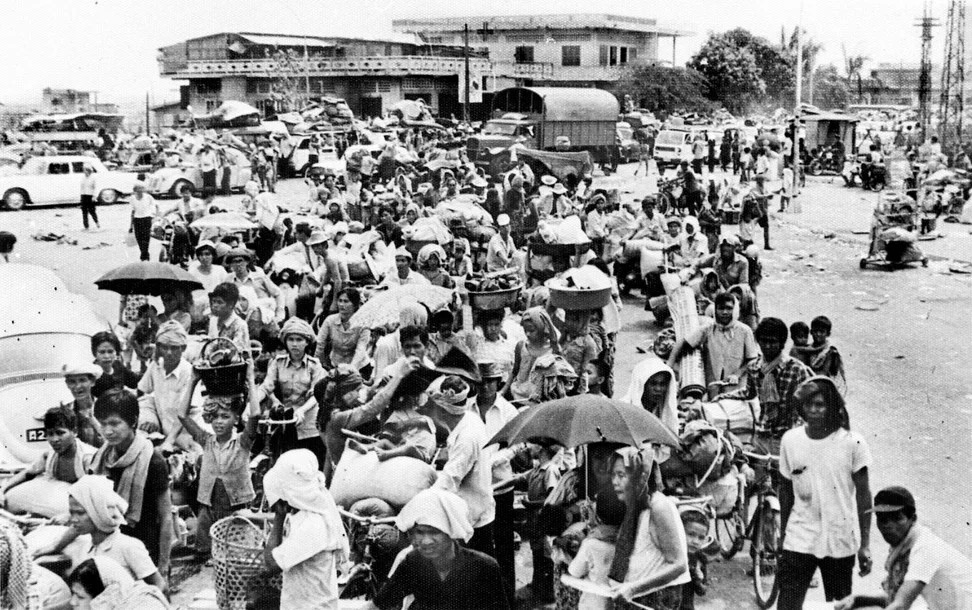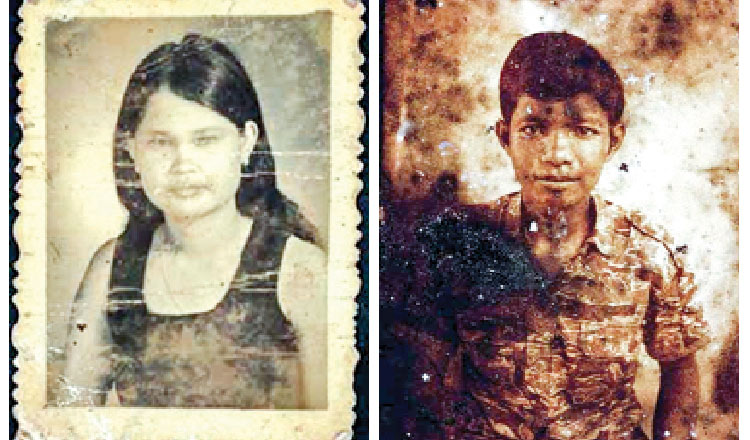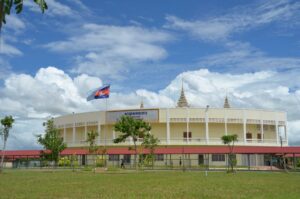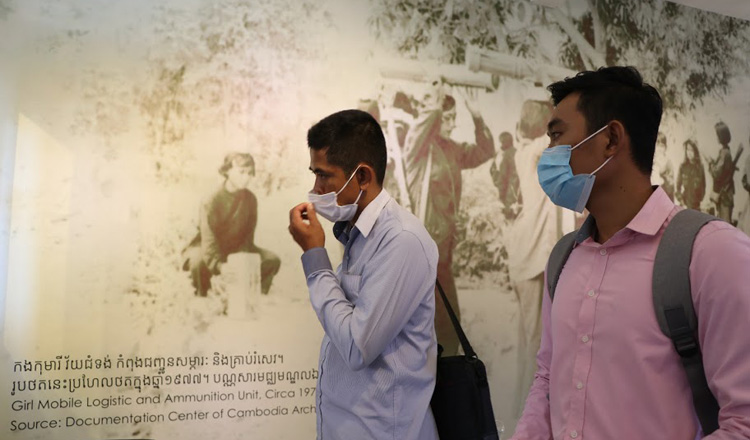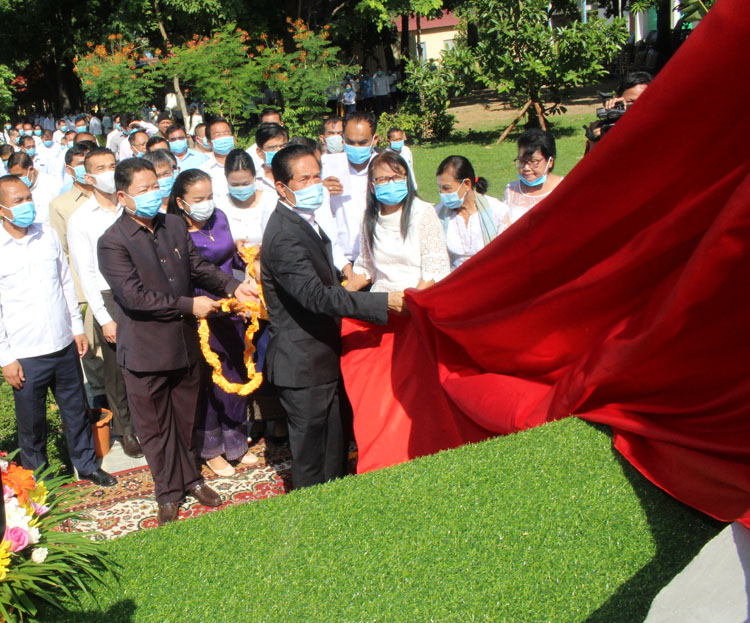British journalist Hutt slammed over genocide law criticism
In an article published by Radio Free Asia titled “Banning Khmer Rouge Denialism is a Bad Move for Cambodia and the World,” Hutt argued that the law would restrict freedom of expression and stifle open debate.
He wrote that Cambodia’s proposed law criminalising the denial or trivialisation of Khmer Rouge crimes is politically motivated rather than aimed at preserving historical truth. The author also argues that the law serves to reinforce the ruling Cambodian People’s Party (CPP) narrative, suppress dissent, and restrict academic discussion on the complexities of the Khmer Rouge era.
Additionally, the piece warns that such laws could hinder deeper historical inquiry into why atrocities happened, rather than just documenting what occurred.
In response, the Ministry of Justice released an official statement on Tuesday, firmly rejecting his claims and asserting the law’s necessity in upholding historical truth and justice for victims of the Khmer Rouge regime.
The Ministry highlighted the legal foundation of the law, citing the Extraordinary Chambers in the Courts of Cambodia (ECCC), also known as the Khmer Rouge Tribunal, which was established through an agreement between Cambodia and the United Nations. The tribunal has officially recognised the crimes committed between April 17, 1975, and January 6, 1979, as including genocide, crimes against humanity, and severe violations of the Geneva Conventions.
“The denial or glorification of these crimes is not an exercise of free speech but a blatant disregard for the definitive rulings of the ECCC,” the statement read. “Such actions constitute a profound insult to the memory of those who perished and inflict renewed pain upon surviving victims and their families.”
The ministry also pointed out that similar laws exist in at least 17 European countries that criminalise Holocaust denial or the denial of other crimes against humanity. Some of these laws impose penalties of up to 10 years in prison.
“Cambodia’s legislation is not an exception, but rather a necessary step to preserve historical truth and protect social harmony,” the statement added.
Also on Tuesday, the National Assembly (NA) had unanimously approved a law on non-recognition of crimes committed during the Democratic Kampuchea period to replace the previous law.
The new draft law, consisting of seven articles, penalizes those who deny crimes committed during the Democratic Kampuchea regime, as recognised by the ECCC. It aims to ensure justice for victims and prevent future atrocities. The law reinforces the ECCC’s findings on genocide, crimes against humanity, and grave breaches of the Geneva Conventions. Penalties include 1 to 5 years of imprisonment and fines ranging from 10 to 50 million riels, safeguarding the authority and legacy of the ECCC’s rulings.
Minister of Justice Keut Rith explained that Cambodia had already passed a law against the denial of crimes committed during the Democratic Kampuchea period in 2013, but that law was created while the ECCC was still conducting proceedings and had not issued final decisions in all cases.
“Therefore, not recognising the crimes committed during the regime’s reign is tantamount to disrespecting the final decisions of the Extraordinary Chambers in the Courts of Cambodia,” he said.
Source : Khmer Times

